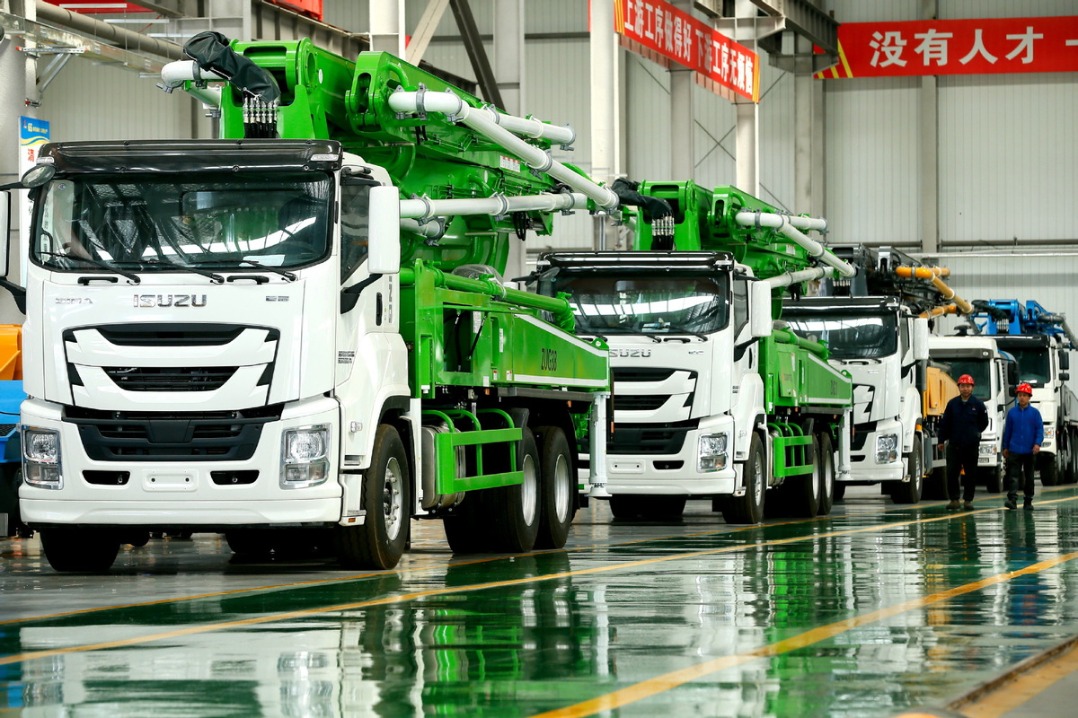China's ride-hailing giant DiDi pledges to think big in Brazil


RIO DE JANEIRO -- Chinese ride-hailing giant DiDi has taken steps to grow its business in Brazilian markets, where the company acquired a home-grown counterpart called 99 earlier this month.
"DiDi and 99, two young companies founded in 2012, are going to do bigger things together," DiDi's founder and CEO Cheng Wei recently told Brazilian executives and employees following the sale.
Clients of 99 in some 500 cities across Brazil were also notified of the changes with a text message titled "A special day in the history of 99."
"From now on, you will get even more benefits from using 99, because we will have more technology and more financial resources to offer you increasingly better service," the message said.
The startup 99 is a pioneer in its field in Brazil, with some 300,000 drivers and 14 million registered users.
After initially buying a strategic 10 percent stake in the South American company some years ago, DiDi "sent engineers and technicians to Brazil to work with colleagues at 99, with an aim to perfect the Brazilian company's products, services and operations," Gu Tao, DiDi's vice president and director for Latin America, told Xinhua.
The investment paid off last year with the launch of 99 POP, a service that allows users to hail a car to tour the city.
Taking into account local conditions, China's private-sector investments abroad have matured to bring more mutual benefits to investment destination countries and China, he said.
"So when China's international companies enter the Brazilian market, they help the development of local companies," said Gu.
"We hope that technologies for smart transportation, such as smart traffic lights and reversible lanes, which have already been used very successfully in more than 20 Chinese cities, will help to resolve problems in big Brazilian cities like Sao Paulo and Rio de Janeiro," he said.




































